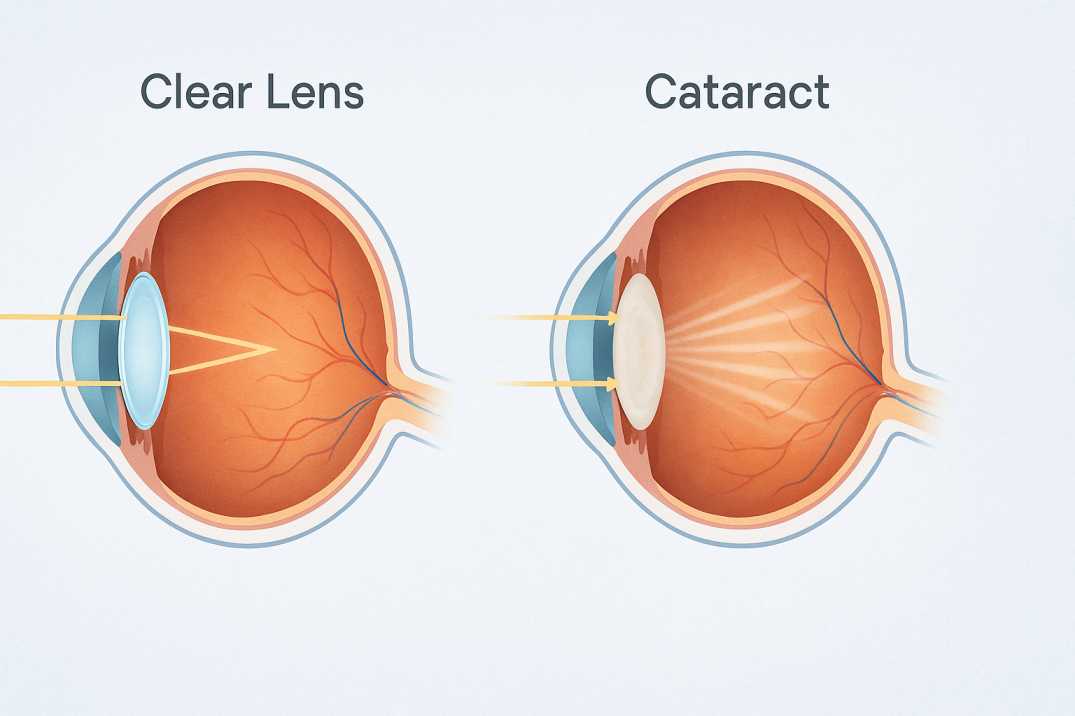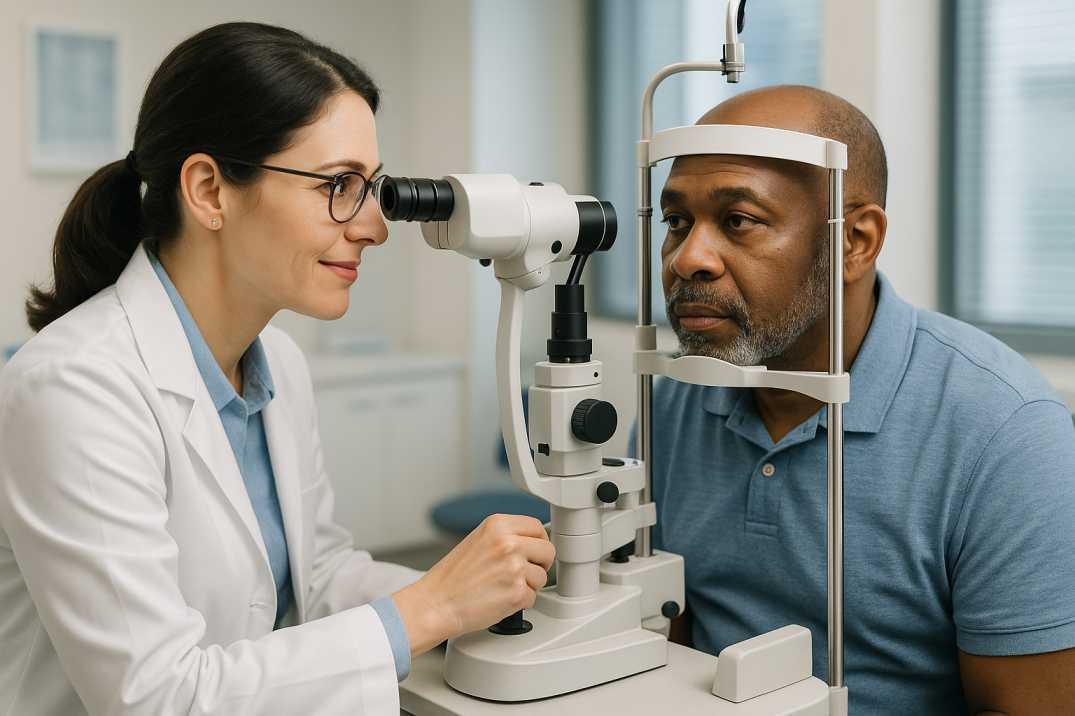Dry Eye Relief in Seattle | Cannon EyeCare Experts
Dry eye syndrome isn’t just a fleeting irritation—it’s a complex condition that can disrupt daily life with symptoms like gritty discomfort, light sensitivity, or even dizziness. For Seattle parents juggling pediatric concerns (like pink eye in kids) or adults navigating allergies, medications, or new treatments (think IPL therapy or nasal sprays), finding trustworthy answers is critical. At Cannon EyeCare in Seattle’s University Village, our award-winning optometry team, led by Drs. Mark & Miranda Cannon, combines 20+ years of clinical expertise with a commitment to Midwestern warmth to demystify dry eye care.
In this FAQ guide, we tackle your most pressing questions: Does crying help dry eyes? Can antihistamines worsen symptoms? How long do artificial tears take to work? Drawing on peer-reviewed research and our experience treating 10,000+ patients since 2002, we’ll clarify myths (like castor oil for styes), explain advanced therapies (e.g., IPL costs), and highlight why personalized care—not one-size-fits-all solutions—is key to lasting relief.
Whether you’re exploring homeopathic remedies, nutritional fixes (hello, omega-3s!), or need a pediatric-friendly dry eye specialist in Seattle, Cannon EyeCare bridges cutting-edge science with compassionate care. Let’s start your journey to clearer, more comfortable vision.
FAQs
-
Dry eye symptoms can persist for weeks to years, depending on underlying causes like screen use, medications, or environmental factors. Chronic cases often require long-term management with artificial tears, lifestyle changes, or therapies like IPL.
Prevention Tips for Dry Eyes
Proactive steps can reduce dry eye symptoms and protect long-term eye health:
-
Follow the 20-20-20 Rule: Every 20 minutes, look 20 feet away for 20 seconds to reduce digital eye strain—a key trigger for dryness.
-
Optimize Your Environment:
-
Use a humidifier in Seattle’s dry winters (aim for 40–60% humidity).
-
Position screens below eye level to minimize tear evaporation.
-
-
Protect Your Eyes Outdoors: Wear wrap-around sunglasses with UV protection to block wind and pollen, especially during Seattle’s allergy seasons.
-
Stay Hydrated: Drink 8–10 glasses of water daily. Limit caffeine and alcohol, which dehydrate eyes.
-
Avoid Direct Airflow: Redirect car vents away from your face and avoid sitting near fans or AC units.
For Contact Lens Wearers: Choose daily disposables and never sleep in lenses. Cannon EyeCare’s optometrists recommend moisture-sealing lenses like Alcon Dailies Total 1® for Seattle’s active lifestyles.
Home Remedies for Dry Eye Relief
Complement medical treatments with these safe, science-backed home remedies:
-
Warm Compresses:
-
Use a clean, microwavable mask (e.g., Bruder Mask) for 10 minutes daily to unclog meibomian glands.
-
Follow with gentle lid massages (roll fingertips downward on closed eyelids).
-
-
-
Take 1,000–2,000 mg of fish oil or flaxseed oil daily to reduce inflammation.
-
Eat fatty fish (salmon, mackerel) 2–3 times weekly.
-
-
Hydrating Eye Wash:
-
Mix 1 tsp pure honey (antibacterial) with ½ cup boiled, cooled water. Rinse eyes once daily.
-
Avoid honey if allergic!
-
-
Humidifier + Hygrometer: Monitor indoor humidity (ideal: 40–60%) to prevent tear evaporation in Seattle’s climate.
-
Blink Exercises: Consciously blink 10 times slowly every hour to spread tears evenly.
Note: Avoid unproven remedies like essential oils or lemon juice—they risk corneal damage. Always consult a specialist for persistent symptoms.
Conclusion
Dry eye syndrome is more than a minor annoyance—it’s a complex condition requiring personalized care. From adjusting screen habits to exploring advanced treatments like IPL therapy, proactive steps can restore comfort and clarity. Remember:
-
Early Intervention prevents chronic issues.
-
Home Remedies support (but don’t replace) professional care.
-
Local Expertise matters: Seattle’s climate, allergens, and lifestyle factors demand tailored solutions.
At Cannon EyeCare, Drs. Mark & Miranda Cannon blend cutting-edge diagnostics (like meibomian gland imaging) with 20+ years of experience to address dryness at its root. Whether you’re battling screen fatigue, allergies, or post-LASIK discomfort, lasting relief starts with understanding your unique needs.



